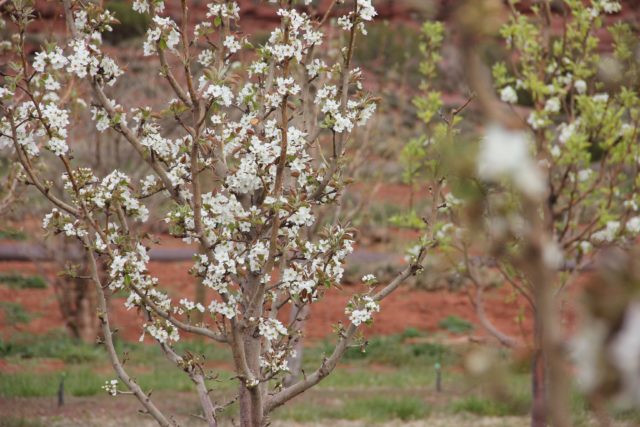This introduction discusses the Supreme Court’s recent rulings, including the overturning of Roe v. Wade. We acknowledge that these are difficult, deeply personal issues for many, so please skip to the rest of the newsletter content if needed to protect your mental health.
Over the past several weeks, the Supreme Court has limited the government’s ability to regulate the greenhouse gas emissions driving climate change, removed the federal right to safe abortion, minimized states’ abilities to regulate gun safety, and undermined the authority of tribal governments.
These rulings have upended centuries of legal precedent, contradicted widespread public opinion, and destabilized the principles that uphold our democracy. The Court’s decisions have been a blow to the safety and freedom of the members of our network, and threaten our vision for a more just future. Young and BIPOC farmers need policies that protect their health, communities, and the environment.
We center our organization’s solidarity around our Guiding Principles, which set forth our commitments to racial justice and collective liberation, community health, and climate resilience. We refer to these guiding principles as we navigate a rapidly shifting and polarized political climate, and organize to build a brighter future for young farmers.
- We farm for our health. We believe prioritizing the physical and mental health of our communities is vital. Access to reproductive healthcare, safer gun laws, and climate change regulation is essential to protect the physical and mental wellbeing of the farmers in our network and their communities. Access to safe abortions is healthcare.
- We work for racial justice and collective liberation. The impacts of the overturning of Roe v. Wade will disproportionately affect BIPOC, queer, immigrant, and low-income communities, and those with limited or no access to affordable and reliable healthcare. Justice Thomas has suggested that the Court reconsider cases that protect the right to contraception and same-sex marriage. A just future for farmers is impossible without fundamental rights and freedoms.
- We farm for climate resilience. The Supreme Court’s ruling on West Virginia vs. EPA will keep the U.S. from meeting our national climate goals. With the climate crisis already harming farm businesses, this decision further threatens farmers’ abilities to grow food for their communities, and will impact the health and safety of people across the country and the world.
- We work across issues. Farms are not isolated from society. We focus on agricultural policy but engage in issues beyond agricultural policy necessary for our vision for a just world, including, but not limited to: free education and debt cancellation, path to citizenship for all, climate action, healthcare for all, and the institution of a restorative justice system. Reproductive justice is economic justice.
As adrienne maree brown has said, organizing allows us to reach our hands into the future to create our visions for a more equitable world, and to travel to the past to learn from the wisdom of our elders. We will continue to work in partnership with, and follow the leadership of, organizations that have been working for reproductive justice, gun safety, climate action, and social justice for many decades.
Learn more about some of the organizations working to build a brighter future for us all:
Reproductive Justice
Climate Action and Climate Justice
Tribal Sovereignty:
Gun Safety:
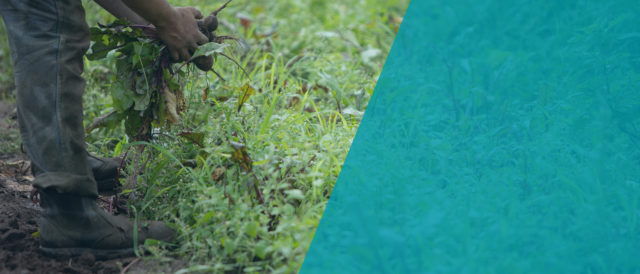
Farmer Voices Are Central to Our Farm Bill Campaign
Farmer storytelling is a crucial component of our advocacy work and is a focus of our Land Advocacy Fellowship, a two-year advocacy and leadership program for current and aspiring young farmers and ranchers. Last week the fellows met with our communications team for an interactive workshop on telling their story to the press. As part of our One Million Acres for the Future Campaign, these fellows from across the country will be sharing personal narratives that illuminate the need for equitable land access in the 2023 Farm Bill.
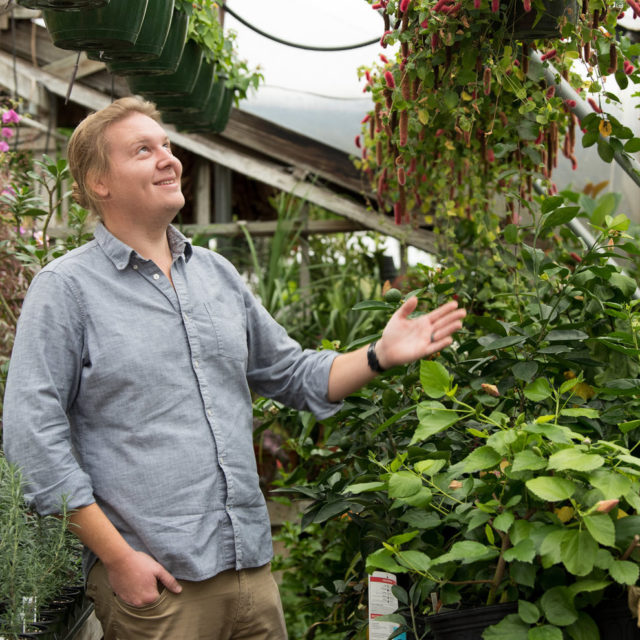
Last month Land Advocacy Fellow Jonathan McArthur submitted written testimony speaking to the barriers he faces to accessing reliable and affordable land for the second 2023 Farm Bill field hearing in Jonesboro, Arkansas.
“I have been ready to start my own farm for the past three years, but even with my experience, my consistent salary, and my connections, I am still plagued like so many other young farmers with unobtainable land in the area I want to farm,” said McArthur. “Is it too much to ask that I find secure access to affordable land within a reasonable driving distance from the area in which I grew up?”
While in Kansas City, Missouri, our Land Campaign Director Holly Rippon-Butler met with Land Advocacy Fellow Nicolas Garcia of Treehouse Urban Farm and Lydia Nebel of KC Farm School, both members of the Kansas City Young Farmers Coalition chapter. She presented at the Sustainable Agriculture and Food System Funders Forum alongside the Intertribal Agriculture Council, the Federation of Southern Cooperatives, and Northeast Farmers of Color Land Trust about the importance of policy advocacy to address inequity in access to land.
Want to receive updates about our land campaign and learn about opportunities to take action?
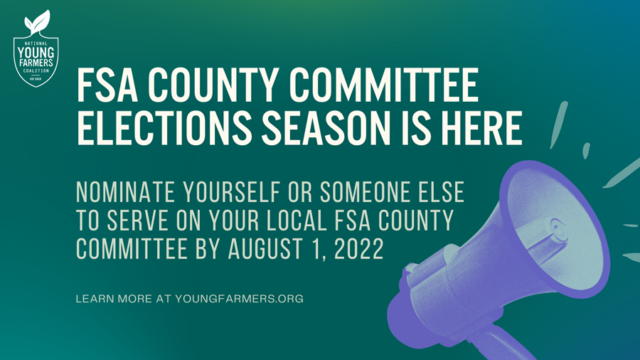
FSA County Committee Elections Season is Here
Are you interested in having a seat at the table and giving your input on producer appeals, conservation programs, and/or disaster assistance? Do you want to have the power to hire the Farm Service Agency (FSA) County Executive Director who oversees daily FSA office operations in your area? If so, please consider running for a seat on your local FSA County Committee!
Serving on an FSA County Committee can be a challenging, but rewarding, commitment. So, especially if you are a farmer who has been historically underserved by FSA, please consider running for your local county committee! It’s a powerful way to make your voice heard, connect with your regional farming community, and set the precedent for equal representation of all farmers.
Learn more about the elections
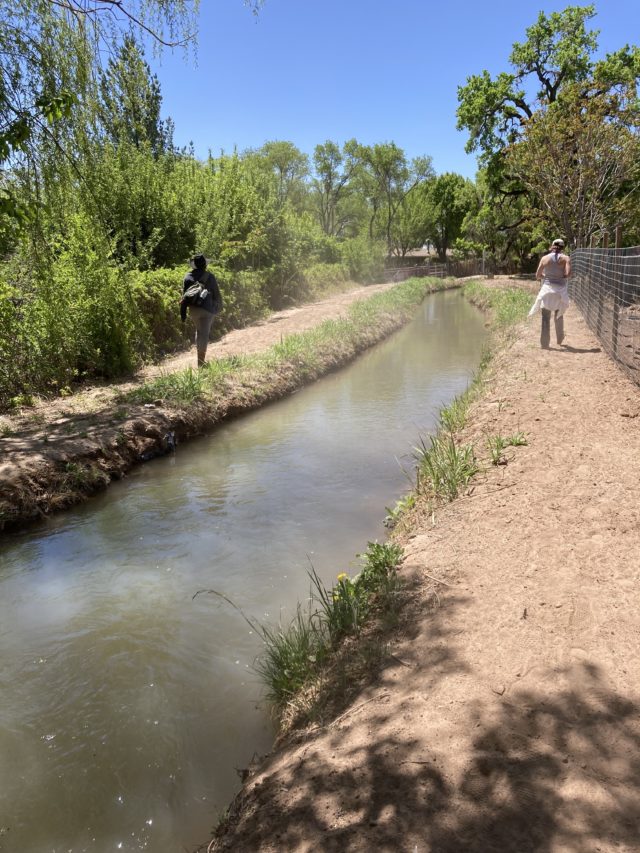
Congressional Hearings on Climate Change
With western water reserves at historic lows, farmers in Arizona and other western states are facing mandatory water restrictions. On June 14th, the Senate Committee on Agriculture, Nutrition, and Forestry held a hearing to discuss the water crisis in the Southwest. In a letter we sent to the Committee, we uplift how critical farm bill programs are to combatting the Western water crisis and climate change. By enhancing and expanding farm bill programs, USDA can better resource producers and support a new generation of young and BIPOC farmers to implement conservation on their farms and ranches. It is essential for Congress to act now to mitigate worsening climate change and meaningfully address our Western water crisis.
On June 15th, the U.S. House of Representatives Committee on Agriculture held a hearing on the role of climate research in supporting agricultural resiliency. In a letter we sent to the Committee, we affirmed the importance of climate action being science-based and data-driven while prioritizing the experiences of Indigenous and traditional knowledge systems. We urged the Committee to increase funding for agricultural research programs like the Sustainable Agriculture Research and Education (SARE) program and USDA Climate Hubs.
Check out the Cultivating Resilience Podcast from Cultivemos (FRSAN-NE)
If you’re a farmer, you know the joys of working the land. You also know how stressful it can be—from family and financial pressures, to isolation and an exhausting job that has zero days off. In fact, agricultural workers experience suicide rates that are 50% higher than the national average, and that number is rising.
On the Cultivating Resilience podcast, farm care starts with self-care. Hear from other farmers about the struggles they face every day and how they are overcoming them. Get connected to farmer mental health resources and a community where farmers and ranchers can support each other when you tune in.
Episode 3: Community featuring Ashanti Williams and Arian Rivera of the Black Yard Farm Collective, and farmer Eustacio mil Quino is streaming now!
Let’s build a community where farmers and ranchers can support each other through the shared experiences of joy and struggle that come hand-in-hand with working and cultivating land. Be sure to listen, share, and review the podcast so that we may continue building this community and cultivate the resilience in the agricultural community. The podcast is hosted by Cultivemos Network members Hans Hageman and Kay-Megan Washington.

